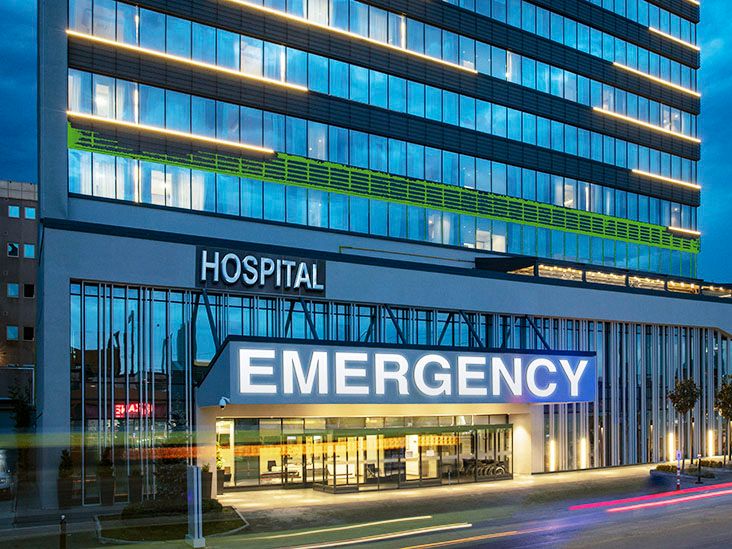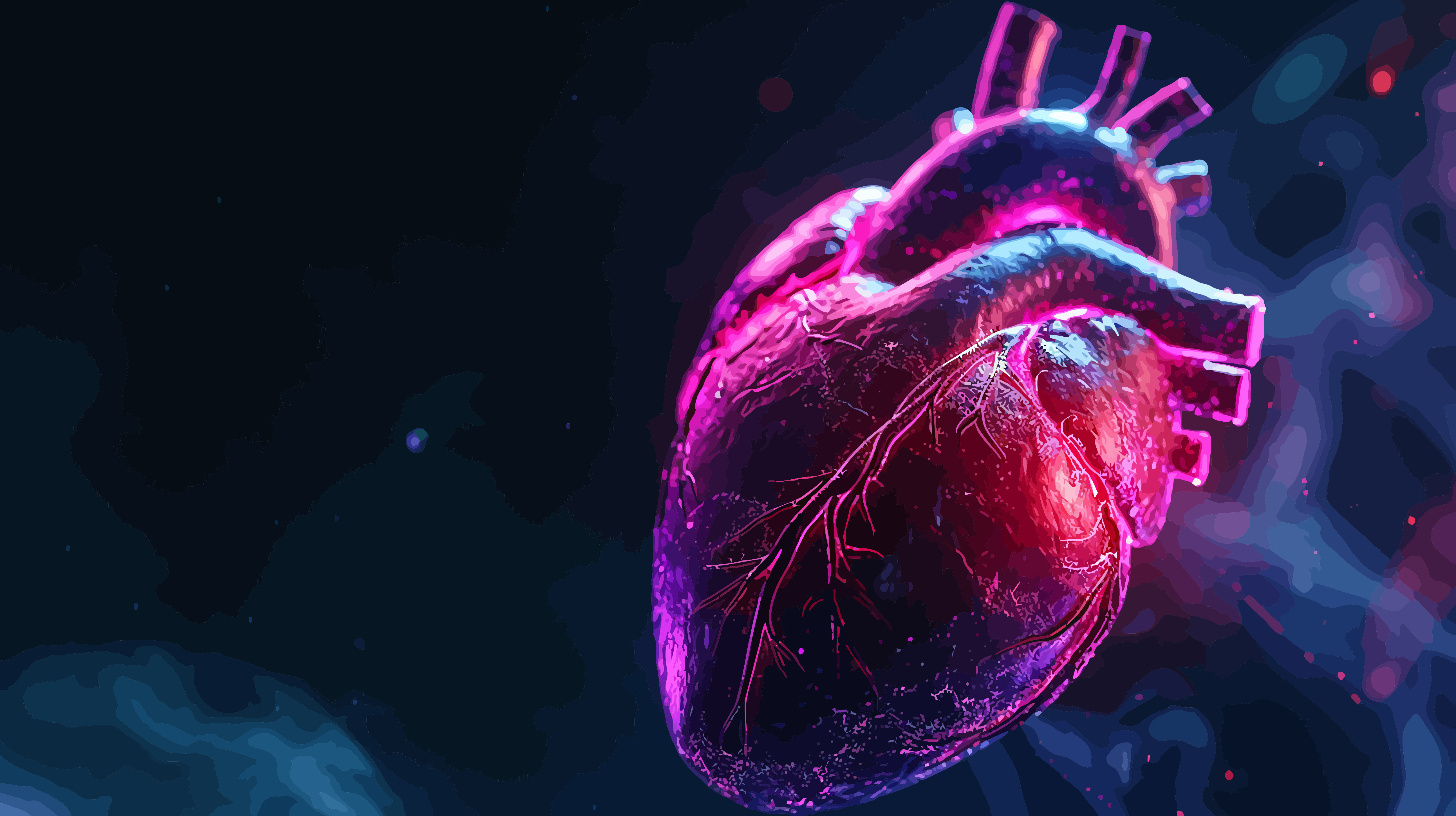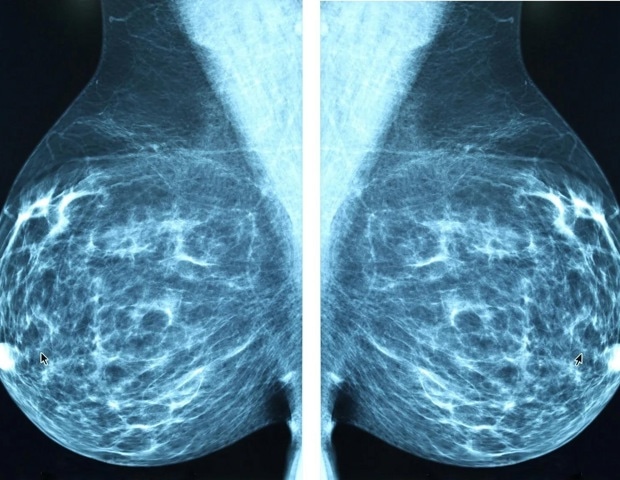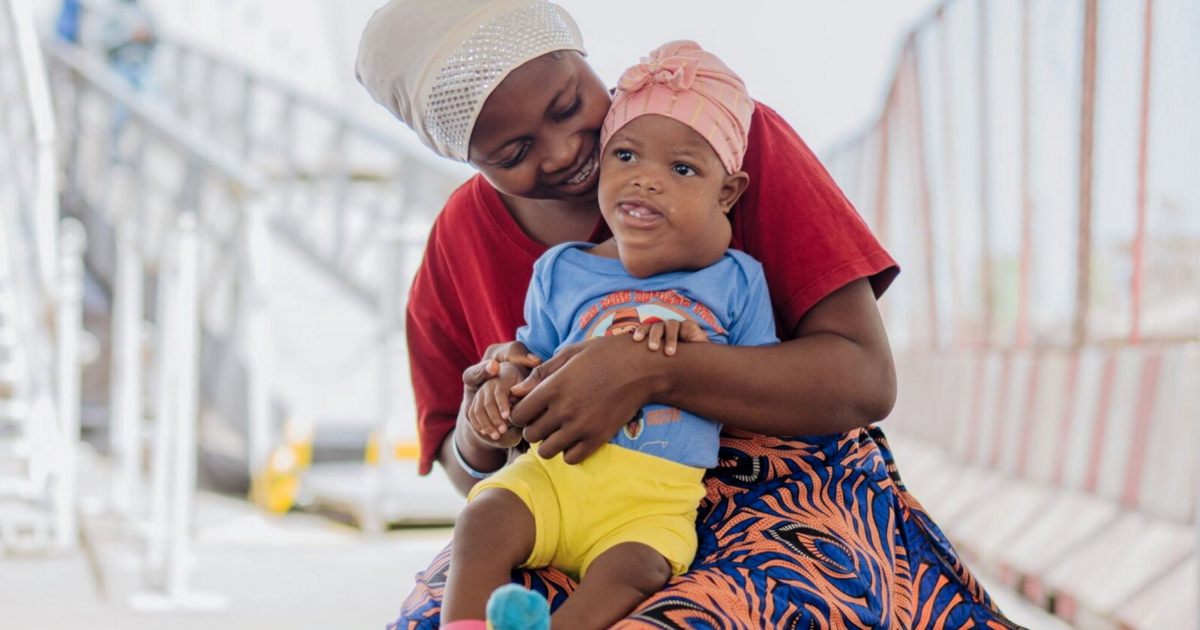Is there a risk of heart attack in cancer patients?

Cancer increases the risk of dying from heart disease, including heart attacks. Both cancer treatment and the cancer itself may elevate the risk.
According to a 2019 population-based study of people with cancer in the United States, more than 1 in 10 people with cancer die of cardiovascular disease. Moreover, at every stage of cancer, from diagnosis through survivorship, the odds of having a heart attack are higher.
Anyone with chest pain or other heart attack symptoms should seek emergency care. It is especially important for people with cancer, as well as cancer survivors, to know that their heart attack risk may be higher.
This article explains the link between cancer and heart attacks, and how treatments for cancer may increase the risk of heart issues.
A number of studies suggest a link between cancer and heart attacks. Cardiovascular disease is an important risk factor for heart attacks, and cancer correlates with a higher risk of cardiovascular disease.
In a 2017 study, for example, researchers compared heart attack risk in people with cancer to similar people without cancer. The risk of a heart attack over 6 months was more than double in people with cancer than in people without cancer, 4.7% compared to 2.2%, respectively. People with cancer had a higher risk of other types of cardiovascular disease, too, including strokes.
The risk of a heart attack was highest among those with lung cancer, being 8.3% over 6 months. The risk also increases with more advanced cancers.
The aforementioned 2019 study establishes a link between ever having cancer and having heart disease. This population-level study of people living with cancer in the U.S. between 1973–2012 looked at 28 different cancers. Of the 3,234,256 cancer survivors, 38% eventually died from their cancer, and another 11.3% died of cardiovascular disease.
Mortality rate
In eight types of cancer, the death rate from heart disease was higher than the cancer death rate. The risk of cardiovascular disease was highest among young cancer patients diagnosed before the age of 35, and death rates from heart disease were highest in the first year following diagnosis.
A
A 2022 study of adult cancer survivors found a 42% overall increase in the risk of cardiovascular disease and a 52% increase in the risk of heart failure.
Some of the same risk factors that cause certain types of cancer
Learn more about heart attacks here.
Cancer treatments may trigger certain types of heart issues or make underlying heart disease worse.
Certain cancer medications
Invasive procedures, such as some surgeries, may loosen a blood clot, leading to a heart attack or other issues, such as a pulmonary embolism. Surgery is always a risk factor for blood clots, especially when a person must lie still for a prolonged period.
Chemotherapy and the heart
Chemotherapy can damage the heart. This may increase the risk of heart disease, including heart attacks, as well as other problems, such as heart failure. Chemotherapy works by killing cancer cells. However, it does not just target cancer cells, it
According to an article in Heart Matters, the magazine of the British Heart Foundation, 7 in 100 people, who take the chemotherapy drug, doxorubicin, will develop heart failure.
Learn more about the long-term side effects of chemotherapy here.
A person can have heart disease without any symptoms, and the symptoms of cancer-related heart disease are not distinct from symptoms of other types of heart disease. A person should ask a doctor if they have an increased risk of heart disease and what signs to look for.
In general, some signs to look for
People with cancer may need regular appointments with a cardio-oncologist or cardiologist to assess heart health.
It is also important to call a doctor if:
- a person develops new heart issues
- a person develops side effects with their cancer treatment
- a person develops a new heart disease risk factor, such as diabetes
People with chest pain, shortness of breath, or other emergency symptoms should call 911 or go to the emergency room immediately.
A doctor
The main goals of heart attack treatment are to make it easier for the heart to pump blood and remove any clots. The specific treatment varies from person to person but is not different for people with cancer. Some treatment options
- blood thinning medications, such as aspirin or nitroglycerin
- oxygen therapy
- heart procedures and surgeries, such as putting a stent in a blood vessel to hold it open or bypass surgery to help the blood vessels pump blood around clogged arteries
While treatment is not different, a doctor may make some treatment decisions based on the cancer medications a person takes or any upcoming cancer procedures. For example, a doctor may recommend switching to different cancer drugs or delaying surgery if a person is taking blood thinners.
It is not possible to completely eliminate the risk of cancer-related heart disease. However, heart-healthy lifestyle changes can mitigate the risk, such as:
- quitting smoking
- remaining physically active
- eating a balanced, healthy diet
A person should also discuss the risks and benefits of various cancer treatments. Some are less damaging to the heart than others. After surgery, it
Visit our dedicated hub to learn more about cardiovascular health here.
Several different issues increase the risk of heart attack in people with cancer. Heart disease and cancer share some risk factors. Additionally, some cancer drugs and other cancer therapies may damage the heart or increase the risk of a blood clot.
Lifestyle changes may help reduce a person’s risk of a heart attack, but they cannot eliminate it entirely. Changing medications may also help, but a person should not make these changes without first consulting a doctor.
link






